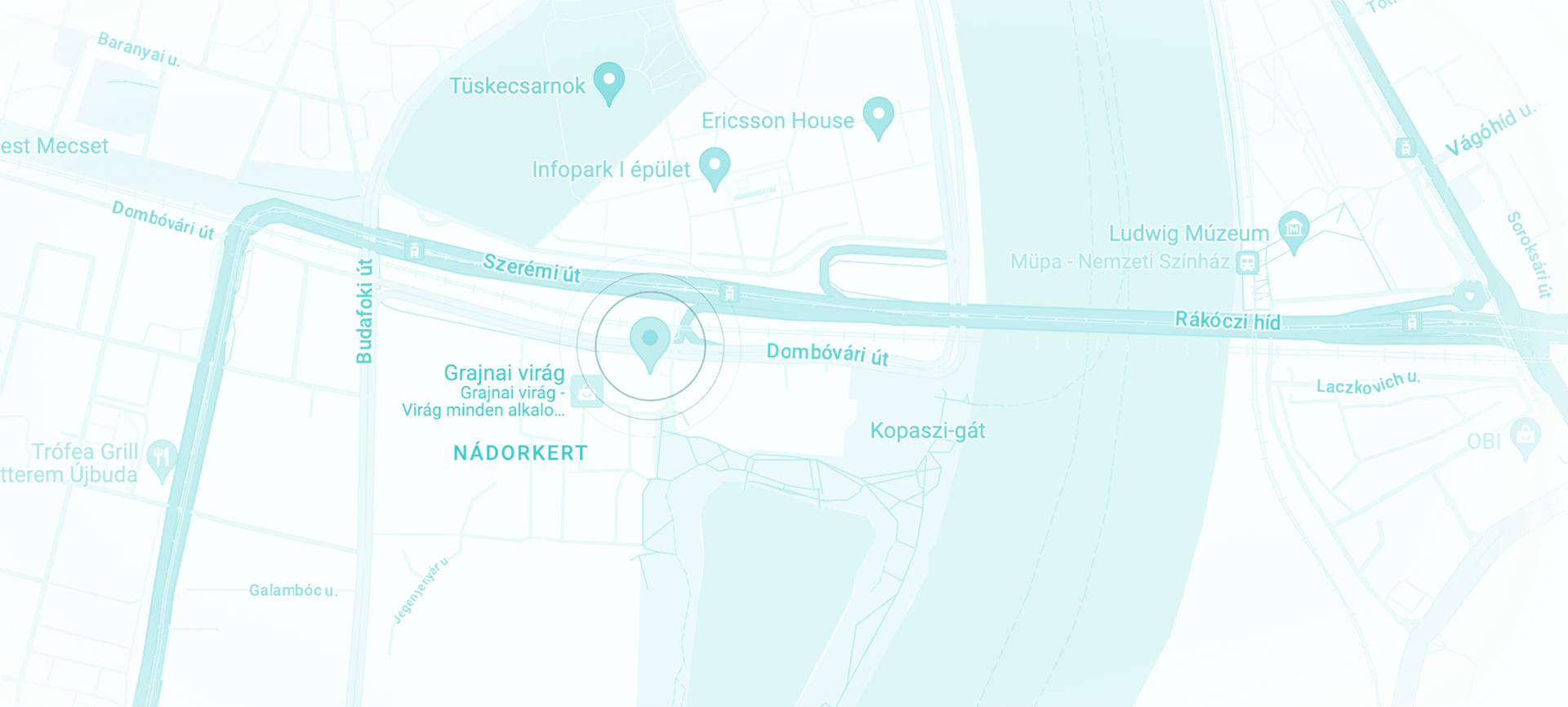
Forms of self-employment in Hungary
Self-employment has many names, such as freelancing or sole entrepreneurship. But whatever you call it, starting self-employment in Hungary is quick and easy. With just your Ügyfélkapu access, you can register online, and you can start your activity almost immediately. One of the first questions will be which tax regime to choose? Read on for a comparison.
Self-employment has many names, such as freelancing or sole entrepreneurship. But whatever you call it, starting self-employment in Hungary is quick and easy. With just your Ügyfélkapu access, you can register online, and you can start your activity almost immediately. One of the first questions will be which tax regime to choose? Read on for a comparison.
Last updated on January 7, 2026.
Common features of the various forms of self-employment
The various forms of self-employment (or “egyéni vállalkozás”) share a handful of common features you should keep in mind regardless of which one you choose.
- Eligibility: you can be self-employed in Hungary only if you are already a citizen of an EEA country or a resident of Hungary.
- Online registration: you just need your Ügyfélkapu access to log in to the portals of the Tax Authority, the Chamber of Commerce, and the municipality of your registered seat.
- You do not need a starting capital.
- You will be fully liable for damages (unlike in the case of a limited liability company).
- VAT exemption: If your yearly revenue is below HUF 20 million, you can choose not to become a subject to VAT.
- Bank account opening: If you are exempt from VAT, you can use your existing retail HUF bank account, and you do not need a separate bank account for your business
- Accountancy: You do not necessarily need an accountant. The rule of thumb is that the more complex your operation, the more you need an accountant who knows all the relevant regulations. As a foreigner in Hungary, however, it makes sense to have an accountant anyway to help you understand Hungarian regulations and keep your business compliant.
The main difference between self-employed tax regimes is what taxes you must pay and how the tax base is calculated. Whichever tax regime you choose, you will also have to pay a local business tax to the municipalities where your seat and other premises are registered, which is at most 2% of your yearly revenue.
1. Regular self-employment in Hungary
Unless you declare otherwise, you are registered in the “regular” tax regime. There are no special conditions for applying this structure, and if you lose eligibility for the others, you can always opt for this one.
Revenue limit: none
Special conditions: none
Tax base: your income, meaning your profit, that is, revenue minus expenses. As a result, you must keep a record of all your expenses so your income can be calculated precisely. Since not every expense can be deducted, it makes sense to have an accountant who can help you make sure you remain compliant with regulations.
Taxes to pay:
- 9% entrepreneur personal income tax
- 15% dividend tax
- 18.5% social security contribution
- 13% social contribution tax
- 2% local business tax
Minimum contributions: Regardless your revenue, every month you must pay social security contribution and social contribution tax at least after the minimum wage or the guaranteed minimum salary, depending on your activity.
2. KATA: the tax regime for small taxpayers
If your yearly revenue is below HUF 18 million and all your customers are natural persons, you can choose to pay KATA. Instead of calculating your revenue and expenses each month, you will be required to pay a fixed sum that covers most taxes and contributions.
Revenue limit: HUF 18 million / year (proportionately). If you exceed the limit, you must pay a 40% extra tax for the sum above the limit.
Special conditions: You can invoice only customers who are natural persons; only taxi drivers are exempt from this limitation.
Tax base: does not apply
Taxes to pay:
- KATA tax: HUF 50,000 / month
- 2% local business tax
Minimum contributions: do not apply
3. Flat-rate taxation
If you are expecting a somewhat higher revenue, you can also opt for flat-rate taxation. Under this tax regime, you do not have to keep a record of all your expenses. Instead, it is assumed that your expenses make up a certain proportion (a flat rate) of your revenue. The standard expense rate is 45%, so your income is considered 55% of your revenue. For specific activities, other expense rates might apply.
Revenue limit: Each year 10 times the yearly minimum wage (HUF 38,736,000 in 2026), or in case you are a retailer: 50 times the yearly minimum wage (HUF 193.68 million in 2026). If you exceed the limit, you are relegated to the “regular” tax regime.
Special conditions: none
Tax base: A flat rate of your net revenue, which is 55% for most freelancers.
Taxes to pay:
- 15% personal income tax
- 18.5% social security contribution
- 13% social contribution tax
- 2% local business tax
Every year the income equalling half of the yearly minimum wage (HUF 1,936,800 in 2026) is free of personal income tax. If you are insured based on a source other than your self-employment (e.g. full-time employment at another company), you start paying social security and social contribution only after you pass the tax free limit.
Minimum contributions: Only if you are not otherwise insured (e.g. by your other full-time employment). In that case, regardless your revenue, every quarter you must pay social security contribution and social contribution tax at least after the minimum wage or the guaranteed minimum salary, depending on your activity. The quarterly calculation is supposed to help tax-payers who have uneven revenues throughout the year.
Learn more about flat-rate taxation here.
Which form of self-employment is best for you?
It depends on your plans in Hungary, especially on
- whether you already have a full-time job,
- your expected yearly revenue,
- who your customers are.
Currently, flat-rate taxation is one of the most popular forms of self-employment in Hungary. It is most favorable if you have a full-time job; otherwise you must pay monthly minimum contributions (calculated quarterly). However, the minimum contributions apply anyway if you pay taxes under the regular tax regime. KATA is cheap, but it is applicable only if all your customers are natural persons.
Starting your business in Hungary
Being self-employed is just one form of doing business in Hungary, and it is available to you only if you are already a resident (or at least an EEA citizen). However, you can also easily set up a company of your own, and as a third-country national, you can base your residency application on the business activity of the company. Starting an LLC, for example, takes just a few days, and you can start operation almost immediately.
The Helpers Team offers all kinds of assistance to foreigners living and working in Hungary. This includes business setup, residency application, accounting, and help with other administrative procedures.
Was this article useful? Follow us on Facebook and never miss an update.
Contact
Contact us today
Monday - Friday
9am - 5pm CET
Helpers Hungary Kft
Budapart Gate
Dombóvári út 27
Budapest 1117, Hungary
If you’re visiting us, please use entrance A and come to the 2nd floor.






